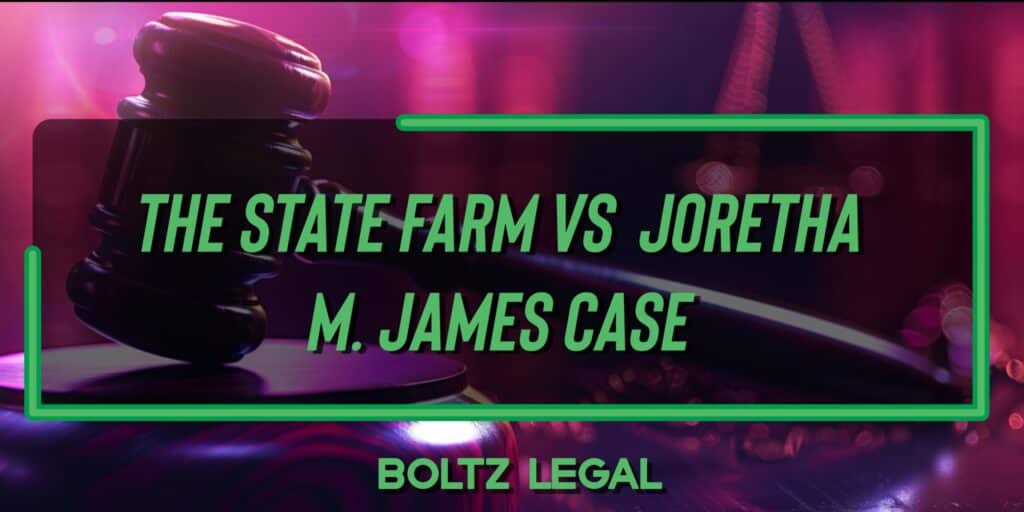The intricate world of homeowners insurance often navigates through complex legal interpretations, as exemplified in the case of “State Farm Florida Insurance Company v. Joretha M. James”. This pivotal case, recorded in 48 Fla. L. Weekly D2268a, delves into the nuanced interpretation of insurance policy language, particularly the meaning of the term “incur” within the context of homeowners insurance coverage for water damage.
In this case, Joretha M. James, the policyholder, successfully challenged State Farm’s interpretation of her policy after her home suffered water damage. The primary contention revolved around the cost of tearing out parts of her home to access and repair water intrusion in her plumbing system. State Farm’s argument hinged on the policyholder’s ability to cancel the repair contract at any time, labeling the contract as “illusory” and hence outside the policy’s coverage.
“State Farm frames the issue on appeal as ‘Whether an insured ‘incurs’ an expense by signing a contract that can be voided by the insured.”
The appellate court, in its review, emphasized that insurance policies should be interpreted based on their plain meaning, especially when the policy’s language is clear and unambiguous. In this case, the policy failed to define the term “incur,” leaving it open to interpretation.
“We begin by noting two key points. First, the policy was drafted by State Farm, which failed to include a definition of the meaning of the word ‘incur,’ thereby leaving it open to potentially different meanings.”
The court’s analysis underscored that ambiguous language in insurance policies should be interpreted in favor of coverage and against the insurer, especially when drafted by the insurer itself. This principle was pivotal in the court’s decision to side with James, affirming the trial court’s summary judgment in her favor.
“An ambiguity ‘must be liberally construed in favor of coverage and strictly against the insurer.”
The court’s decision not only clarifies the interpretation of “incur” in homeowners insurance policies but also reinforces the broader legal principle that policyholders should not be penalized for ambiguities in insurance contracts created by insurers. This case sets a precedent for future disputes in homeowners insurance, ensuring policyholder protections against ambiguous policy terms.
The State Farm vs. Joretha M. James case is a significant reminder of the importance of clear and precise language in insurance policies and the legal responsibilities of insurers to their policyholders.
Today’s Insight:
Justice will not be served until those who are unaffected are as outraged as those who are.”
– Benjamin Franklin
STATE FARM FLORIDA INSURANCE COMPANY v. JORETHA M. JAMES, 5th District, Case No. 5D22-1404, L.T. Case No. 2019-30212-CICI, December 1, 2023.

